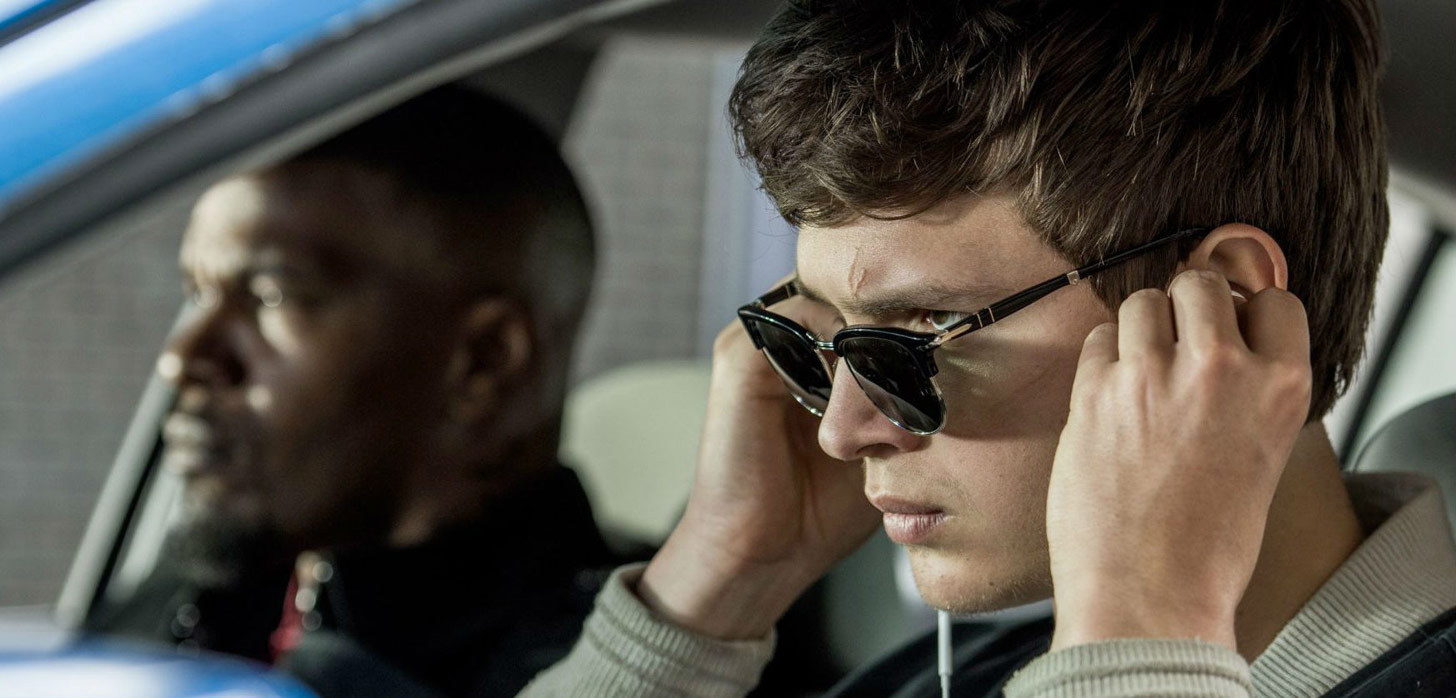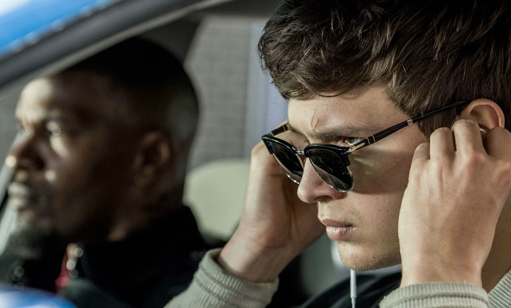Film Review: Baby Driver
Edgar Wright Takes An Eclectic Cast On A High-Speed Joyride With The Stereo Cranked To 11


Latest Article|September 3, 2020|Free
::Making Grown Men Cry Since 1992

